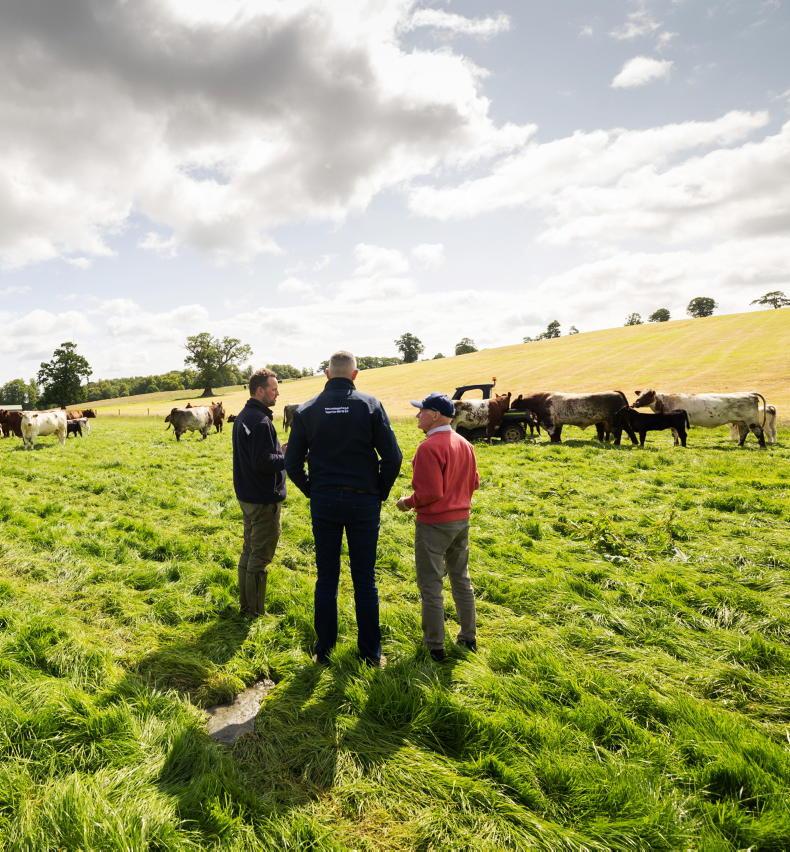Both existing farmers and those looking to get actively involved in operating a farm business can now express an interest in taking part in a new Farming in Partnerships pilot programme being run by local charity, Rural Support.
The initiative, which is being funded under DAERA’s Sustainable Agriculture Programme, aims to tackle succession issues by putting farmers in touch with potential business partners.
Those farmers might not have a successor or a family member interested in taking over the business, while the other person may not be from a farming background, or has limited opportunities to take over their home farm.
People who come forward will be added to a database and assigned a Rural Support mentor who will help them clarify their thoughts and guide them through any subsequent discussions with a potential partner.
The programme is similar to the Young Farmers’ Clubs of Ulster Land Mobility scheme, run by John McCallister, which operated between 2017 and 2023. However, this is a separate initiative and no personal information from the previous database has been carried across. As a result, anyone involved in the earlier programme, who is still interested, should contact Rural Support.
Pilot
The Farming in Partnerships pilot will initially run to March 2026 as part of a wider Farming for the Generations scheme being led by the charity.
According to Catherine McKenna from Rural Support, there is no set template within Farming in Partnerships that must be followed by farmers/business partners. “There are loads of different possibilities and scenarios that could be used. We will work out what both want from the farm. We are there to facilitate,” she said.
Experience from similar schemes both in NI and the Republic of Ireland is that sometimes older farmers wait too long before reaching out and by that stage the farm requires significant investment in infrastructure.
There can also be fears among other family members that a new business partner could ultimately deprive them of their inheritance.
“We need to dismiss the thought this is about getting the land. This is about developing a business. The farmer happens to own the fixed assets; the other person can bring their strengths and new ideas,” suggested Rural Support business mentor Sharon Smyth.
Her advice is to keep everything simple in the early stages and that could involve a trial period of around six months where both parties establish if they can work together. If that is successful, then it might be timely to get accountants and solicitors involved to work on a formal agreement. Ultimately, any agreement should be reviewed on a regular basis.
“There are so many opportunities to create sustainable businesses with this programme, but also risks. A successful partnership can benefit everyone, however, it won’t happen overnight,” she said.
Anyone interested in learning more about the Farming in Partnerships programme should email: farmgenerations@ruralsupport.org.uk or phone 02886760040.






 This is a subscriber-only article
This is a subscriber-only article










SHARING OPTIONS: